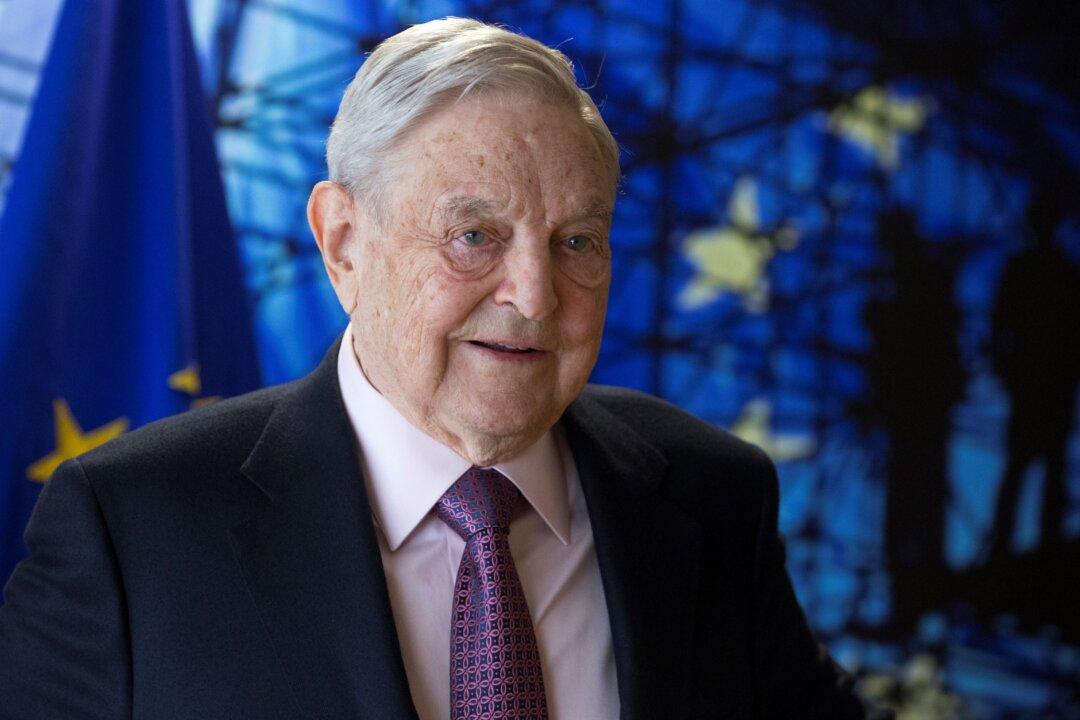Billionaire hedge fund manager George Soros used his platform at the World Economic Forum in Davos, Switzerland, this week to repeat warnings that tensions with China and Russia could erupt into a third world war.
Soros said Russia’s invasion of Ukraine could have already started the war and that the West should act to decisively defeat Russia now to prevent further bloodshed later.




